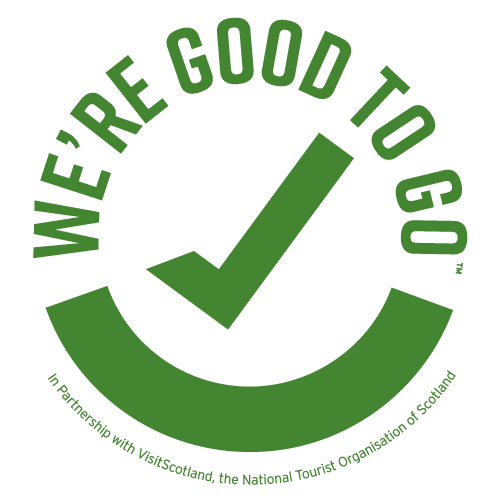With the election now less than a month away, the Association of Scotland’s Self-Caterers will hold its first ever virtual election hustings.
We have brought together candidates from Scotland’s five main political parties represented in the Scottish Parliament for you to question on their priorities for tourism in Scotland and how they can best support self-catering.
The past year has been incredibly challenging for all of those working in Scotland’s vital tourism industry, including self-catering. Nonetheless, we should be proud of the manner in which we have conducted ourselves, showing perseverance, tenacity and considerable patience in responding to the significant difficulties faced. The prospect of some self-catering reopening later this month provides some optimism for the future.
Looking ahead, the ASSC has published our first ever election manifesto entitled, Recovering, Reopening, and Revitalising: Building a Scottish Self-Catering Sector for the Future. This sets out our sector’s four main priorities for the next Scottish Government. This includes:
- Introducing evidence-based short-term let regulations in partnership with industry that balance the needs of small business and local communities.
- Dropping plans for a tourist tax to allow the industry to recover and to support families to have an affordable staycation in Scotland.
- Supporting small businesses by enabling easier access to support funding while Covid-19 restrictions are in place.
- Championing the benefits of holidaying in Scotland through self-catering and provide financial support to all operators who will continue to be impacted by household meeting restrictions.
The Scottish Parliamentary elections matter immensely to our sector and we will be working closely with many across the next parliament for the good of the self-catering and wider tourism sector. We hope that you use your vote on 6th May and that our hustings session can help you determine your choice.
We have five speakers from each of the main five parties represented in parliament.
- Fergus Ewing, Scottish Government’s Cabinet Secretary for Rural Affairs and Tourism and who is the SNP candidate for Inverness and Nairn
- Jamie Halcro Johnston, Shadow Cabinet Secretary for Rural Affairs and Tourism and is the Scottish Conservative candidate for Skye, Lochaber and Badenoch
- Rhoda Grant, Scottish Labour and Cooperative candidate for Inverness and Nairn and is Scottish Labour’s tourism spokesperson
- Laura Moodie, Scottish Green candidate for South of Scotland
- Liam McArthur, Lib Dem candidate for Orkney
We will hear from each speaker on the panel for a maximum of five minutes before taking questions.
You can submit questions in advance: joyce@assc.co.uk.
